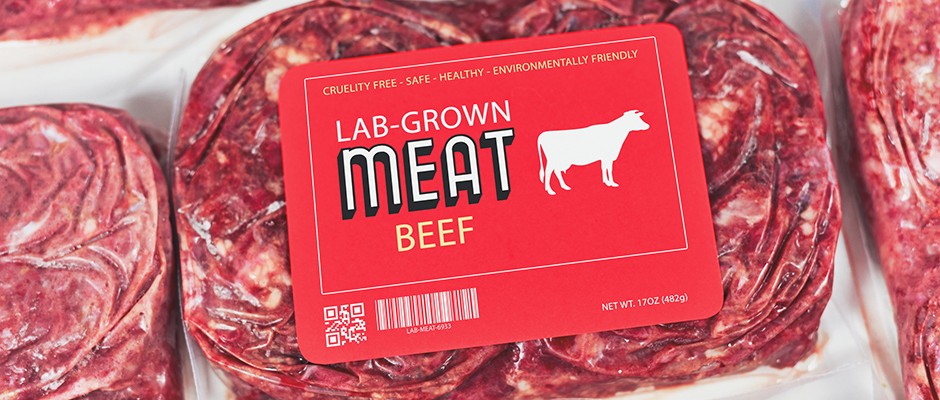



Article by: Hari Yellina
The Israeli business that pioneered lab-grown beef imitation snacks has now branched out into cell-cultured collagen for the cosmetics market. Given the expenditures the beef industry has made in building markets in this space in order to completely utilise the entire carcase, this is a step the industry finds frustrating. Collagen is typically derived from the processing of hides, bones, and other byproducts. Aleph Farms does not keep a secret of its desire to use cellular technology to “create a comprehensive substitute to animals.” The Australian beef industry has joked that the next step will be to use decorative whole cow substitutes in paddocks to mimic the ‘feel-good’ amenity element of cattle grazing.
Didier Toubia, co-founder and CEO of Aleph Farms, refers to the business as “cellular agriculture,” and believes it has the potential to replace a major portion of intensive animal farming. “However, cultivated meat is only half of the solution,” he stated, noting that “meat represents only 30 to 35 percent of the cow that is slaughtered.” Other valuable byproducts are included in the rest. “In order to realise our objective, we must also supply alternatives to other animal parts, such as collagen-based goods.” The richness of the animal agriculture biosphere is not accounted for by focusing on particular categories of animal products.
Aleph Farms says that its produced collagen has natural animal-based collagen properties that are unsurpassed by plant or fermented recombinant-based alternatives. It took 18 months to build ‘by a skilled team in stealth mode,’ and is now moving into full product development, with a 2024 launch scheduled. Dr. Neta Lavon, the company’s vice president of research and development, said crucial components from the company’s grown steak production method were utilised. “This includes our bovine cell sources and animal component-free growth medium for producing several nature-identical collagen types directly from cow cells, as well as the entire extracellular matrix (ECM), which is made up of a variety of fiber-forming proteins and represents the complete matrix of skin, bones, and joints,” she explained. In actuality, collagen is the most abundant protein in the ECM and is well recognized for its benefits.